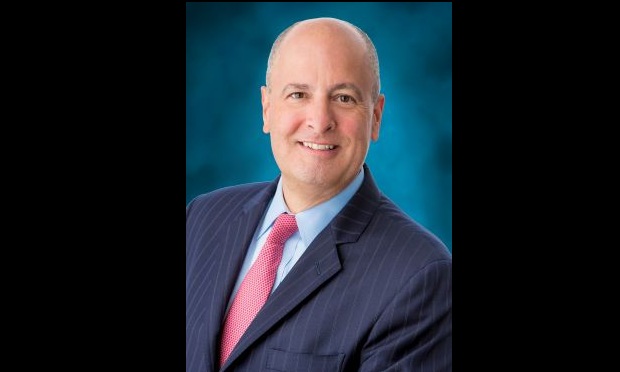The sponsor of a bill, which has some insurance industry support, to severely restrict the Massachusetts insurance commissioner's regulation of auto insurance said he believes his measure will face stiff opposition in the legislature.
State Rep. Ron Mariano, D-Quincy, who recently introduced his legislation as the auto insurance reform bill H1542, has until July 31 when lawmakers are due to end their session to get the measure passed, but he said he "wouldn't have put the bill forward, if there wasn't still time to get it done."
Under the provisions of the bill the commissioner would lose the power to decide which criteria are used to determine driver rates, set the rates for each policy or limit price variation between customers.
Frank O'Brien, vice president and regional manager for Property Casualty Insurers Association of America (PCI), said the group believes the bill "represents a good start" toward auto insurance reform.
Michael Moran, a spokesman for American Insurance Association's northeast region, said he believes compromises can be worked out on some of the bill's provisions that have created concerns among some legislators.
Both AIA and PCI mentioned provisions in the bill, which they said need reform or consideration. These include a ban on the use of credit scores for rating drivers as risks, a $2 million dollar tax placed on insurers in order to fight insurance fraud, and the inclusion of insurance underwriting in the statute itself.
Mr. O'Brien said legislation that brings additional auto insurers into the marketplace and fixes "our stupid auto-insurance system only can be a good thing."
The bill has the support of state Rep. Jeffrey Perry, R-Sandwich, who believes it will create a competitive marketplace by drawing national personal lines insurers. As Mr. Perry sees it, their arrival would affect homeowners rates, as well--a subject of concern to him because regional home insurance carriers are increasing rates for his coastal district by 50 percent in anticipation of another big storm season.
By making the state's auto insurance market "free and competitive," this bill will allow entry to "other players who can spread out the risk" in regards to homeowners insurance, he said. Rep. Mariano said the number of insurers in the state has shrunk from 53 in 1990 to 15.
The key opposition for the bill comes from The Massachusetts Coalition for Affordable Auto Insurance whose spokesman, Doug Bailey, said the group was surprised by the introduction of "a bill that no one will like."
According to a Coalition statement, if the proposal is approved, it would radically alter the state's auto-insurance system and "result in dramatically higher rates for more than one million good drivers."
Asked to assess the measure's chances of passage, Mr. Bailey said, "I really have no idea; the leadership just wanted this bill and created it."
Rep. Mariano said he did not believe his measure would cause a surge in rates. According to Mr. Mariano under the provisions of his bill, "all good drivers should get a 5 percent discount."
Mr. Moran also disputed assertions by the Coalition and said that the group is comprised of two "entrenched" insurance companies who want to "maintain the status quo for their benefit at the expense of consumers and competitors."
AIA and PCI representatives said they believe that it is possible for both houses of the legislature to enact the bill and reforms this year by the July 31 end of the legislative term.
National insurer groups have been seeking changes in the state's auto insurance regulation for some time. Last year they were optimistic that a reform measure pushed by Republican Gov. Mitt Romney would pass the Democratic-controlled legislature.
State-based insurers argued then that the state's "fix and establish" rate system is a reason Massachusetts has few uninsured drivers.
Also last year, Insurance Commissioner Julianne Bowler sought to change the Commonwealth Automobile Reinsurers system through regulation to place higher risk drivers with insurers in proportion to their voluntary market share, ending the assignment of involuntary agents' policyholders to insurers through a subscription formula.
Local insurers in the state argued successfully in court that she did not have the power to make the changes through executive action.
Want to continue reading?
Become a Free PropertyCasualty360 Digital Reader
Your access to unlimited PropertyCasualty360 content isn’t changing.
Once you are an ALM digital member, you’ll receive:
- Breaking insurance news and analysis, on-site and via our newsletters and custom alerts
- Weekly Insurance Speak podcast featuring exclusive interviews with industry leaders
- Educational webcasts, white papers, and ebooks from industry thought leaders
- Critical converage of the employee benefits and financial advisory markets on our other ALM sites, BenefitsPRO and ThinkAdvisor
Already have an account? Sign In Now
© 2025 ALM Global, LLC, All Rights Reserved. Request academic re-use from www.copyright.com. All other uses, submit a request to [email protected]. For more information visit Asset & Logo Licensing.








